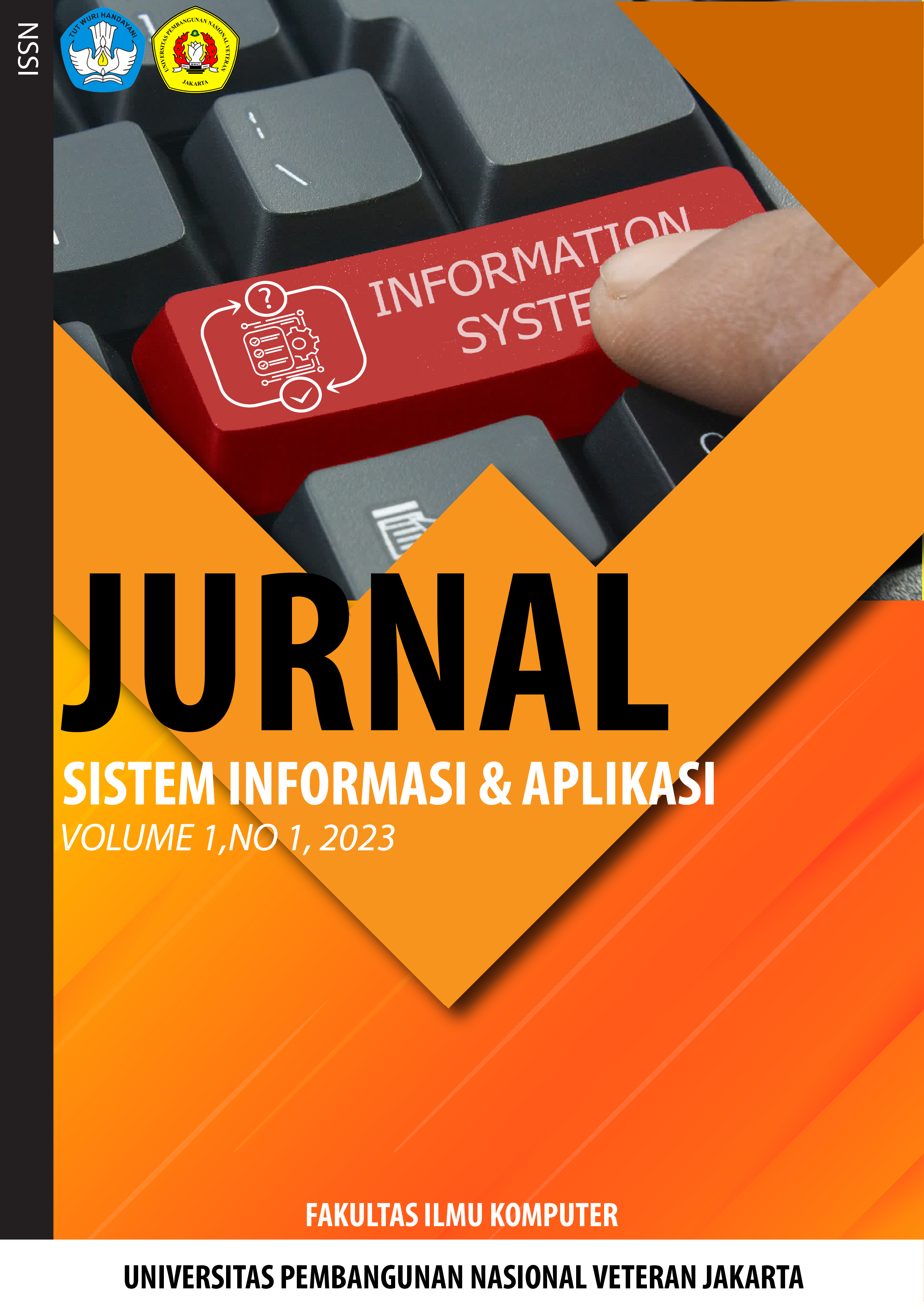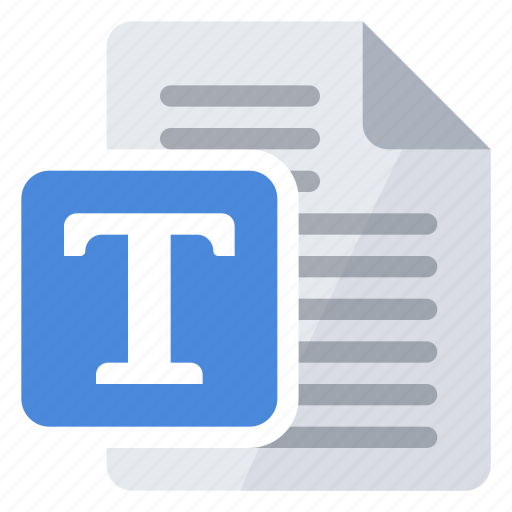ANALISIS KORELASI PEARSON FAKTOR PENGARUH GENERATIVE AI TERHADAP KEMAMPUAN BERPIKIR KRITIS MAHASISWA ITS SURABAYA
DOI:
https://doi.org/10.52958/jsia.v2i2.7974Abstract
This study aims to determine the effect of using Generative Artificial Intelligence (Gen-AI), specifically ChatGPT, on the critical thinking skills of students at the Sepuluh Nopember Institute of Technology (ITS) Surabaya. The research was conducted by distributing questionnaires to 53 ITS students containing questions about their perceptions of the ease of use, accuracy of answers, negative impacts on academics, and risks that may arise from the use of ChatGPT. The obtained data were then analyzed using Pearson correlation test and K-Means clustering. The results showed that there was no significant relationship between students' perceptions of the accuracy of ChatGPT's answers and its negative impact on academic activities. This means that students' perceptions of ChatGPT's accuracy do not affect their views on the potential negative impacts. K-Means clustering identified three groups of students with different perceptions of ChatGPT. Cluster 0 sees ChatGPT as a useful tool but remains wary of its potential negative impacts. Cluster 1 is unsure about the usefulness of ChatGPT. Cluster 2 is skeptical of ChatGPT's usefulness and more concerned about its negative impact on learning and originality of work. This research provides insight into how students view generative AI technology and can be a basis for further research on the impact of Gen-AI on education.
References
X. Chen, H. Xie, and G. J. Hwang, “A multi-perspective study on Artificial Intelligence in Education: grants, conferences, journals, software tools, institutions, and researchers,” Computers and Education: Artificial Intelligence, vol. 1. 2020. doi: 10.1016/j.caeai.2020.100005.
ChatGPT, “ChatGPT Version October 2023.” Accessed: May 25, 2024. [Online]. Available: https://chat.openai.com/
Alya Resti Saraswati, Vasya Ayu Karmina, Maharani Putri Efendi, Zahrina Candrakanti, and Nur Aini Rakhmawati, “Analisis Pengaruh ChatGPT Terhadap Tingkat Kemalasan Berpikir Mahasiswa ITS Dalam Proses Pengerjaan Tugas,” Jurnal Pendidikan, Bahasa dan Budaya, vol. 2, no. 4, 2023, doi: 10.55606/jpbb.v2i4.2223.
J. K. M. Ali, M. A. A. Shamsan, T. A. Hezam, and A. A. Q. Mohammed, “Impact of ChatGPT on Learning Motivation: Teachers and Students’ Voices,” Journal of English Studies in Arabia Felix, vol. 2, no. 1, 2023.
P. Wang, “On Defining Artificial Intelligence,” Journal of Artificial General Intelligence, vol. 10, no. 2, 2019, doi: 10.2478/jagi-2019-0002.
L. Da Xu, Y. Lu, and L. Li, “Embedding Blockchain Technology into IoT for Security: A Survey,” IEEE Internet Things J, vol. 8, no. 13, 2021, doi: 10.1109/JIOT.2021.3060508.
C. Zhang and Y. Lu, “Study on artificial intelligence: The state of the art and future prospects,” J Ind Inf Integr, vol. 23, 2021, doi: 10.1016/j.jii.2021.100224.
N. Duan, L. Z. Liu, X. J. Yu, Q. Li, and S. C. Yeh, “Classification of multichannel surface-electromyography signals based on convolutional neural networks,” J Ind Inf Integr, vol. 15, 2019, doi: 10.1016/j.jii.2018.09.001.
C. Pacchiega, “How Can Education Use Artificial Intelligence?,” 2021. doi: 10.4018/978-1-7998-7638-0.ch024.
S. Paek and N. Kim, “Analysis of worldwide research trends on the impact of artificial intelligence in education,” Sustainability (Switzerland), vol. 13, no. 14, 2021, doi: 10.3390/su13147941.
G. Thabroni, “Berpikir kritis – pengertian, karakteristik, indikator & manfaat.” Accessed: May 26, 2024. [Online]. Available: https://serupa.id/berpikir-kritis/
B. Anderson, “Koefisien Korelasi Pearson - Probabilitas dan Statistik,” Statorials. Accessed: May 26, 2024. [Online]. Available: https://statorials.org/id/koefisien-korelasi-pearson-1/





